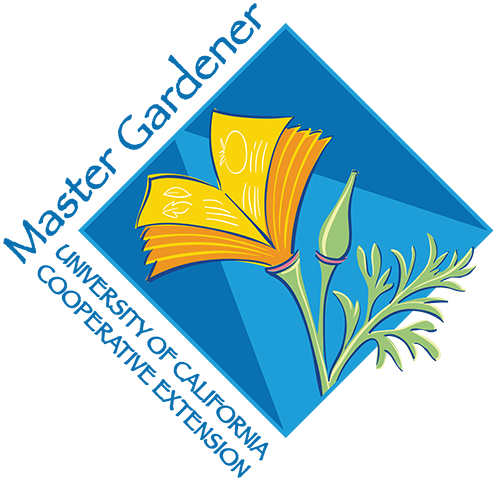Extension Foundation Online Campus
Search results: 548
Improving Plants Using Hybrid Vigor is an online course that covers classical concepts of heterosis; genetic hypotheses for hybrid vigor; quantitative genetics of heterosis; new tools to study hybrid vigor, structure and function; organization of germplasm into heterotic groups, prediction of heterosis and hybrid performance; mechanisms for making hybrid seed; and breeding methods/concepts for developing hybrids in plants.
The target audience is the college graduate level learner and agriculture professionals.
- Teacher: Diane Nolan
- Teacher: Leah Sandall
UVM Extension Northwest Crops and Soils (NWCS) program is offering this course in collaboration with the following organizations: Vermont Agency of Agriculture (VAAFM), Food & Markets, Massachusetts Department of Agricultural Resources (MDAR), SUNY Morrisville, University of Maine Cooperative Extension, Maine Organic Farmers and Gardeners (MOFGA), Northeast Organic Farming Association of NY (NOFA-NY), and Northeast Sustainable Agriculture Research and Education program (NE-SARE).
Offerings include up to 13 webinars (7 are required), up to 5 in-field intensives (1 is required), and admission to attend the 2021 and 2022 Industrial Hemp Conferences! You will also be asked to complete a Pre- and Post- Training Survey. All this is FREE and you can also earn Certified Crop Adviser credits! Webinar trainings will be live on Tuesdays, 12pm to 1pm. Please note that this training is offered for Agricultural and Technical Service Providers.
- Teacher: Susan Brouillette
Applicators must understand the practical knowledge of pests associated with these environments, including pest identification, habitats, life cycles, and behavior, as well as appropriate pesticide formulations and application methods that minimize contamination, damage, human and pet exposure, and environmental impacts.
You will have access to one online instructional session to complete at your own pace. The session contains an outline to use for enhancing your study and a quiz to evaluate your knowledge.
The fee for this course is $15-one month access. To purchase and enroll in the course, click the following button:
- Teacher: cals ipm
The audience for this course is Family Child Care Home Providers. This online training includes videos, short quizzes, and activities. It has two parts:
- In Part 1: What to Feed Infants, you will learn the latest recommendations on WHAT to feed infants. These are the foods and beverages that are recommended. You will review beverages such as breast milk, formula, and water, grains and proteins, fruits and vegetables, and foods to avoid such as sugar and salt.
- In Part 2: How to Feed Infants, you will learn the latest recommendations on HOW to feed infants. You will review breastfeeding, introducing solid foods, and overall healthy feeding practices.
Completion of this course provides 1.0 contact hours.
For more information or to enroll please contact dnilee@ucanr.edu.
- Teacher: Danielle Lee
The audience for this course is Family Child Care Home Providers residing outside the state of California. This online training includes videos, short quizzes, and activities. It has two parts:
- In Part 1: What to Feed Infants, you will learn the latest recommendations on WHAT to feed infants. These are the foods and beverages that are recommended. You will review beverages such as breast milk, formula, and water, grains and proteins,
fruits and vegetables, and foods to avoid such as sugar and salt.
- In Part 2: How to Feed Infants, you will learn the latest recommendations on HOW to feed infants. You will review breastfeeding, introducing solid foods, and overall healthy feeding practices.
Completion of this course provides 1.0 contact hours.
- Teacher: Danielle Lee
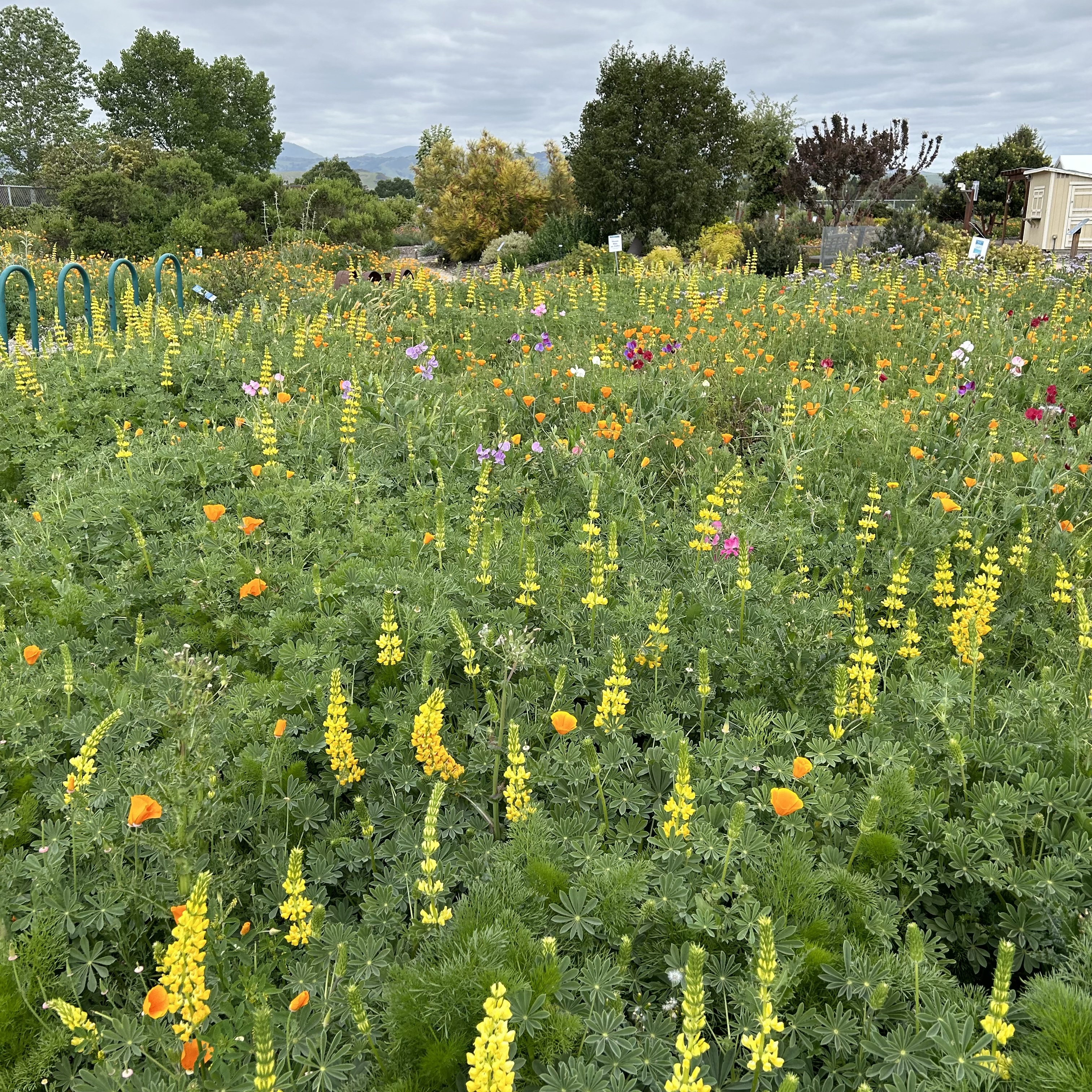
Welcome to UC Master Gardener Program of Santa Clara County Initial Training 2025. This course is offered by UC Cooperative Extension through the Master Gardener Program.
The UC Master Gardener Training is designed to enrich your horticultural knowledge so that you can provide unbiased, science-based information to residents of Santa Clara County. The training will cover topics such as soil and plant nutrition; irrigation; weed, insect, and disease management; fruit and vegetable production; sustainable landscaping; and pesticide use alternatives. We will also have units on the use of scientific sources, principles of adult learning, and community engagement.
By the end of the training, you will 1) have a strong foundation in the fundamentals of gardening, 2) know how to find science-based information to answer gardening questions, 3) have an understanding of how to engage and educate members of the Santa Clara County community, and 4) be familiar with the structure and function of the UC Master Gardener program of Santa Clara County. With these skills and knowledge, you will be equipped to share science-based information on home horticulture, pest management, and sustainable landscape practices with the public through the many organized volunteer activities the UC Master Gardeners of Santa Clara County have to offer.
Each class is taught by a different guest instructor. Instructors include University of California academics, faculty from other local colleges, staff from community organizations, and other Master Gardener volunteers.
- Facilitator: Lucy Diekmann
- Facilitator: Sarah Farley
- Facilitator: Katherine Uhde
- Facilitator: Jenel Vincze
Approximate time to complete: 5 hours
Target audience: plant breeding students and plant breeding professionals
Contact person: Leah Sandall, University of Nebraska-Lincoln lsandall5@unl.edu
- Teacher: Leah Sandall
This course is the Introduction to Entomology, Chapter 3 of your Master Gardener Handbook. This is an introduction to the material we will cover in class on the 5th of May.
- Teacher: Rachel Maccini
- Teacher: Kathy Anderson
- Teacher: Colleen Brady
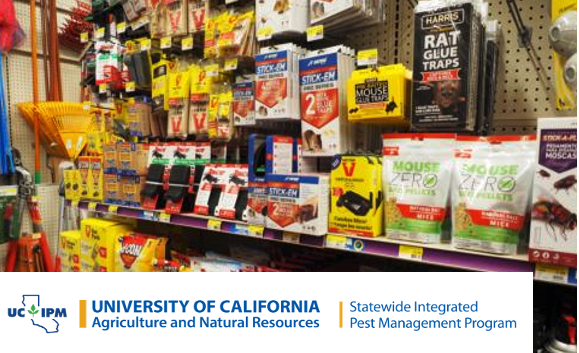

Course overview
This course provides information to retail nursery and garden center personnel and others who advise consumers about the best tools and products for solving pest problems. It gives basic information on pesticide types, selection, and safety.
Who should enroll?
Retail nursery and garden center personnel
This course has not been approved for Continuing Education Units.
- Technical support: UC IPM Online Training Support
- Teacher: Katherine Frels
- Teacher: Luqi Li
- Teacher: UNL AGROHORT Online
The Introduction to Southeastern Prescribed Fire course is designed to introduce students to the fundamental basics of prescribed burning in Southeastern forested ecosystems. At the end of the course the student should have a working knowledge of fire law, fire terminology, fire prescriptions, fire safety, firebreaks, smoke management and a basic understanding of how to conduct a prescribed burn. This course is not intended to take the place of state Certification courses, workshops, or experience in the field. Rather, it is intended to give students a basic understanding of the principles of prescribed fire and fire effects.
- Teacher: Jennifer Fawcett
- Teacher: Dwayne Hunter
- Content Specialists: Elliot Nauert
Genetic principles of inheritance in plants and animals and their significance in biology and agriculture will be discussed in this self-paced Introduction to Genetics course. Topics in the whole Introduction to Genetics series include the physical basis of heredity in families and populations; introduction to chromosome biology; the molecular basis for gene expression; and modern genetic engineering tools used in animal and plant systems.
This course specifically covers the relationships between genes and chromosomes with extension into ploidy numbers, gene mapping, and changes in chromosomes due to translocations and nondysjunction.
- Teacher: Leah Sandall
Genetic principles of inheritance in plants and animals and their significance in biology and agriculture will be discussed in this self-paced Introduction to Genetics course. Topics in the whole Introduction to Genetics series include the physical basis of heredity in families and populations; introduction to chromosome biology; the molecular basis for gene expression; and modern genetic engineering tools used in animal and plant systems.
This course is specifically about family and population genetics. This unit covers inheritance patterns, the difference between quantitative and qualitative traits, and how to work with population and family-based data.
- Teacher: Leah Sandall
This course is specifically on gene expression, DNA analysis techniques, gene cloning, and an introduction to genetic engineering/gene therapy.
- Teacher: Diane Nolan
- Teacher: Leah Sandall
Course Name: New Invasive U.S. Cotton Insects Meeting, September 3rd, 2025
Module 1: Dr. Peter C. Ellsworth, University of Arizona
Course Number: CA# DPR-XXXX-25, 2.0 CEU's (Other), AZDA # XXXXX, 2.0 CEU's, CCA # SS XXXXX, 2.0 CEU's (IPM)
CEU Credits: This course is accredited by the California Department of Pesticide Regulation, Arizona Department of Agriculture and Certified Crop Adviser.Course availability will be through the end of the year and will be removed December 31st 2024.
The course contains video, requiring a computer that can play audio and video.
Contact and technical support: Robert Masson, masson@arizona.edu.
- Teacher: Don Dinwiddie
- Teacher: Robert Masson
Click here to view course: Invasive Species Scout Project
Course overview
A UC Master Gardener specific scouting and reporting project is underway. This course explores what it means to be a scout and how you can express your interest in participating in the project.
Who should enroll?
Active UC Master Gardener volunteers who are interested in participating in the Invasive Species Scout Project.
How to Enroll
To enroll you must have an account or create a free account, once you are logged in you can enroll. Link to sign in page and/or create account: https://campus.extension.org/login/index.php. Once you are logged in you can self enroll, no special code or permission needed.
Having trouble enrolling? Watch this short how-to video,
UC Master Gardeners are eligible for .50 hour of continuing education (CE) for completing this course.
Need Help?
- For assistance with login, course enrollment, contact campushelp@extension.org
- For assistance with progress through the course or certificate, contact mgtraining@ucanr.edu
The California Department of Agriculture and the University of California Master Gardener Program.
Teacher
Lauren Snowden, UC Master Gardener Statewide Training Coordinator
Related Trainings on eXtension Campus
Spotted Lanternfly in California

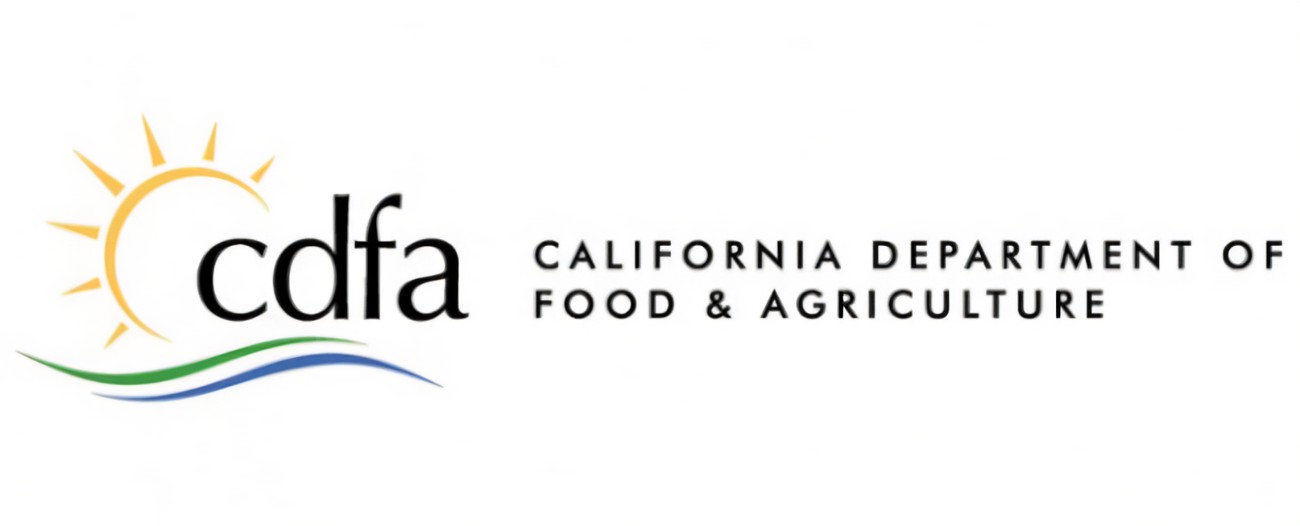
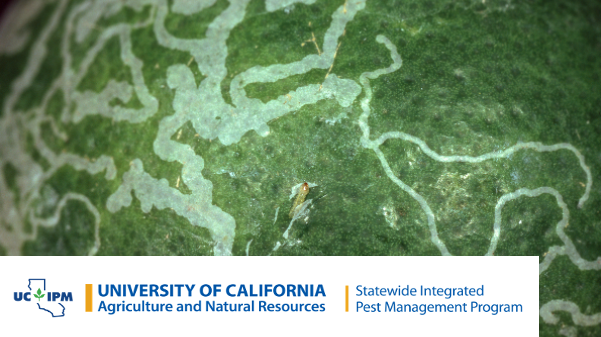

This course covers three key insect and mite pests in citrus: citrus peelminer, Marmara gulosa; forktailed bush katydid, Scudderia furcata; and citrus red mite, Panonychus citri. Each module focuses on one pest and covers life cycle and habits, damage, sampling methods, and management including biological and chemical controls.
Pest management professionals and growers
California Department of Pesticide Regulation (1.0 hour Other) and Certified Crop Adviser (1.0 IPM).
This course must be completed by December 30 of the current year. Download the certificate immediately when you complete the course. You will not be able to retrieve your certificate after December 30.
- Technical support: UC IPM Online Training Support
Course must be completed and certificate downloaded before December 30 of the current year.
To access the free version of this course without a certificate, click on the title below:
Invertebrate Pests in Citrus
- Technical support: UC IPM Online Training Support
This course is an introduction to Integrated Pest Management and the Pesticide Label. Once you have completed this course we will review the content in class on the Thursday May 5th.
- Teacher: Rachel Maccini
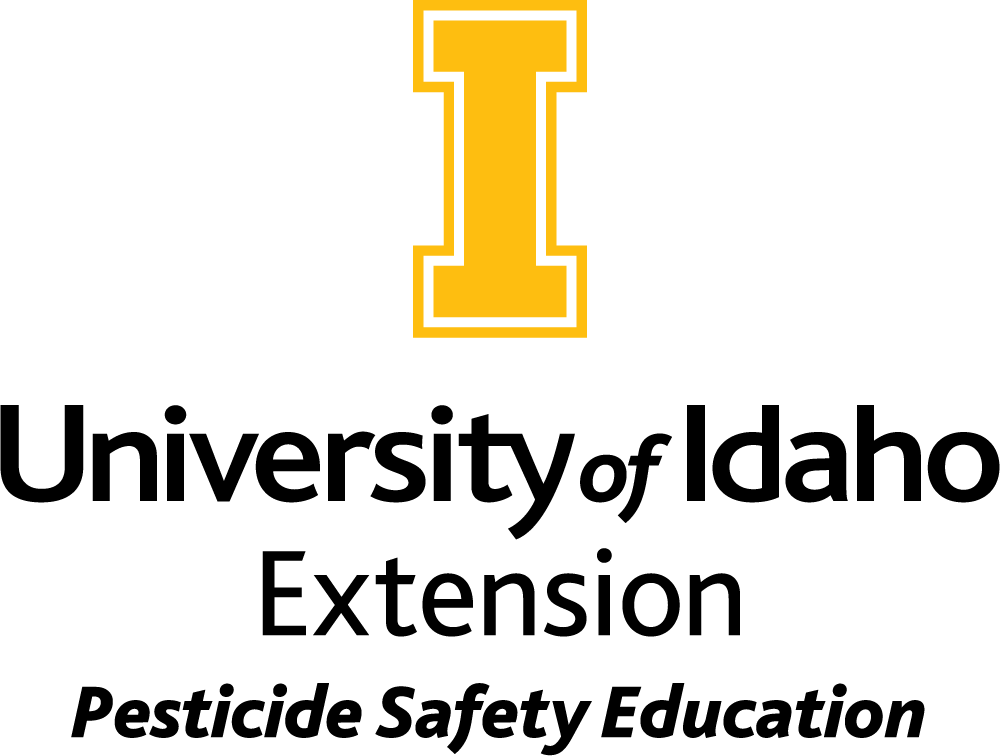
Recertification credits are available for this course.
This pesticide recertification course describes the six steps for an Integrated Pest Management program for managing landscape pests. The course covers common pests found in landscapes, nurseries, or greenhouses. Several case studies with specific scenarios and pest management practices are discussed.
This course has been approved by the Idaho State Department of Agriculture (ISDA) - Seminar #2024-635 for 1-ISDA pesticide credit.
If you have questions related to this course, please email: cals-ipm@uidaho.edu at University of Idaho Extension.
- Teacher: cals ipm
Esta capacitación cumple con la necesidad de tener entrenamiento acreditado de seguridad alimentaria según LB 262 (2024), como parte de la Ley de Alimentos Puros de Nebraska. Este curso aborda las leyes específicas de Nebraska y entonces quizás no refleje las leyes de otros estados o países.
Esta capacitación está respaldada por el Departamento de Agricultura de Nebraska, el Departamento de Salud del Condado de Douglas (Nebraska) y el Departamento de Salud de Lincoln y el Condado de Lancaster (Nebraska).
El costo de este curso de $25.
- Teacher: Cindy Brison, MS, RDN
- Teacher: David Diez
- Teacher: Kezia Huseman
- Teacher: Linda Reddish
- Teacher: Angie Rushman
- Teacher: Deborah Weitzenkamp
These classes combined with in-person training will prepare citizens of Lake County to become UC Master Gardeners of Lake County.
- Teacher: Louise Pagone
- Teacher: Louise Pagone
- Teacher: Victoria Smithson
- Teacher: Merry Jo Velasquez
The audience for this Land Application Training Online course is livestock producers and related manure industry in the state of Nebraska who will learn proper manure application techniques, record keeping, and regulations as they relate to manure management in Nebraska.
For more information, contact:
- Leslie Johnson ljohnson13@unl.edu
- Amy Schmidt aschmidt@unl.edu
- Teacher: Leslie Johnson
For more information about the course or how to enroll please contact Leah Sandall, University Nebraska-Lincoln, at lsandall5@unl.edu
- Teacher: Diane Nolan
- Teacher: Leah Sandall
Esta capacitación cumple con la necesidad de tener entrenamiento acreditado de seguridad alimentaria según LB 262 (2024), como parte de la Ley de Alimentos Puros de Nebraska. Este curso aborda las leyes específicas de Nebraska y entonces quizás no refleje las leyes de otros estados o países.
Esta capacitación está respaldada por el Departamento de Agricultura de Nebraska, el Departamento de Salud del Condado de Douglas (Nebraska) y el Departamento de Salud de Lincoln y el Condado de Lancaster (Nebraska).
El costo de este curso de $25.
- Teacher: Cindy Brison, MS, RDN
- Teacher: Kezia Huseman
- Teacher: Linda Reddish
- Teacher: Angie Rushman
- Teacher: Deborah Weitzenkamp
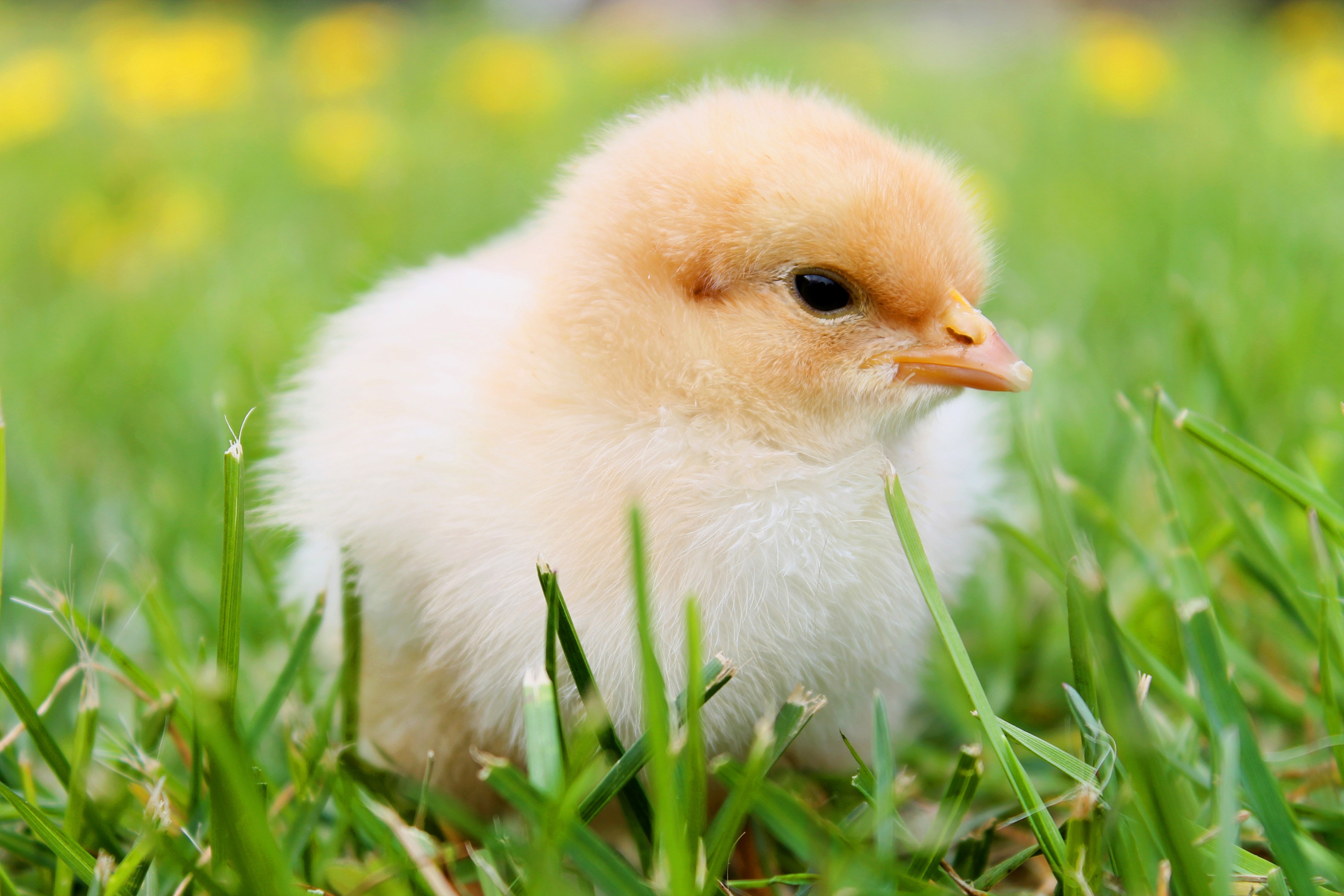
This one hour online webinar prepares educators focuses on what educators can expect using the Look Who's Hatching curriculum and how to use of the program's materials. This workshop is required for all Look Who's Hatching participants to complete before receiving their incubator, eggs, and curriculum.
- Teacher: Learning Child
- Teacher: Linda Reddish
- Instructor: Jaclynn Foged
- Instructor: Katie Krause
- Instructor: Kim Wellsandt
Thank you for logging in to complete this online Expanded Food and Nutrition Education (EFNEP) lesson. You should have received an enrollment key from your class instructor. Enter this enrollment key in order to access and complete this lesson.
- Teacher: Megan Berthiaume
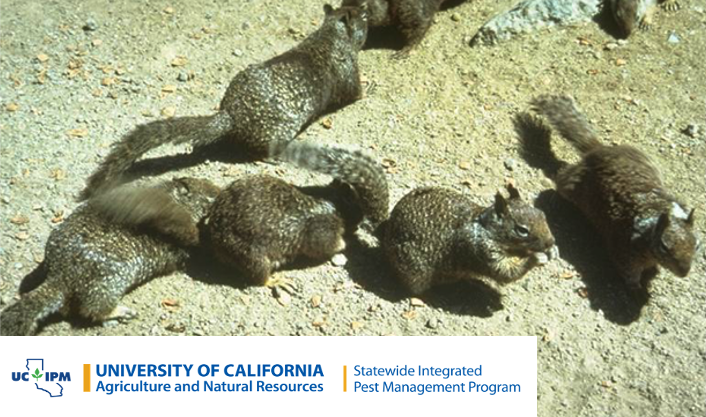

Pest management professionals and growers
- Technical support: UC IPM Online Training Support

